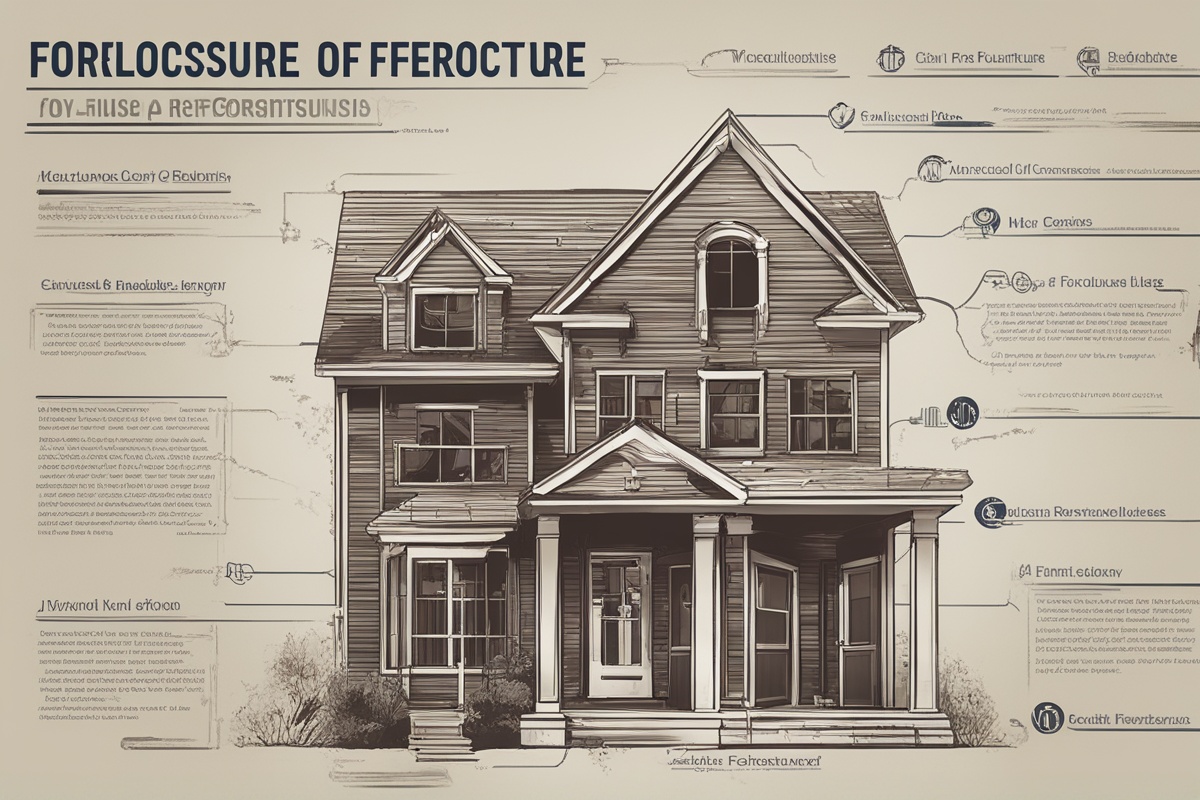Property seizure is a legal process that can have significant implications for individuals and businesses alike. Whether due to unpaid debts, criminal investigations, or government actions, understanding the terminology associated with property seizure is crucial for navigating these complex situations. This glossary post dives deep into the key terms in property seizure, breaking down essential concepts to help you grasp the legal, financial, and procedural aspects of this topic.
What Is Property Seizure?
Property seizure refers to the legal act of taking possession of an individual’s or entity’s property by a government authority, creditor, or law enforcement agency. This action is often carried out to satisfy a debt, as part of a criminal investigation, or to enforce a court order. The process can involve physical assets like homes, vehicles, or personal belongings, as well as financial assets such as bank accounts. Familiarizing yourself with the key terms in property seizure can help you understand your rights and obligations if you ever face such a situation.
Common Key Terms in Property Seizure Explained
Below, we define some of the most frequently encountered terms related to property seizure. These definitions aim to clarify the legal jargon and provide a foundation for understanding the process.
- Asset Forfeiture: This term refers to the legal process where property is taken by the government without compensation to the owner, often because the property is believed to be connected to criminal activity. Asset forfeiture can be civil or criminal, depending on the nature of the case.
- Repossession: Repossession occurs when a creditor takes back property, such as a car or home, due to the owner’s failure to make payments on a loan or mortgage. This is a common form of property seizure in financial disputes.
- Lien: A lien is a legal right or interest that a creditor has in another’s property, typically used as security for a debt. If the debt remains unpaid, the creditor may initiate property seizure to recover the owed amount.
- Writ of Execution: This is a court order that allows a sheriff or other official to seize property to satisfy a judgment. It is often a precursor to the physical act of property seizure.
Legal Processes Behind Property Seizure
The legal framework surrounding property seizure varies by jurisdiction, but there are common processes and terms that apply in most cases. For instance, before a seizure occurs, a court may issue a notice of intent to seize, giving the property owner a chance to respond or rectify the situation. Additionally, terms like due process—the legal requirement that the state must respect all legal rights owed to a person—play a critical role in ensuring that property seizures are conducted fairly. Understanding these key terms in property seizure can help individuals protect their rights during legal proceedings. For more on legal rights, check out our post on Legal Rights in Asset Protection.
Types of Property Subject to Seizure
Not all property is subject to seizure, and the type of property involved often determines the legal process. Here are some key categories and associated terms:
- Real Property: This includes land and anything permanently attached to it, such as buildings. Real property seizure often involves foreclosure or government actions like eminent domain.
- Personal Property: Items like vehicles, jewelry, and electronics fall under personal property. These are commonly seized in repossession or debt collection cases.
- Financial Assets: Bank accounts, stocks, and other monetary holdings can be seized through processes like garnishment, where a portion of income or assets is taken to satisfy a debt.
For a deeper dive into asset categories, see our glossary entry on Types of Assets.
Rights and Protections Against Property Seizure
While property seizure can be a distressing experience, individuals and businesses have certain rights and protections under the law. Terms like exemption refer to specific types of property or amounts that are protected from seizure, such as a portion of wages or essential personal items. Additionally, the concept of redemption allows property owners in some cases to reclaim seized property by paying the owed amount before it is sold or transferred. Knowing these key terms in property seizure can empower you to take action and seek legal recourse if necessary. Learn more about protecting your assets in our article on Asset Protection Strategies.
Consequences and Aftermath of Property Seizure
The aftermath of a property seizure can have long-lasting effects on an individual’s financial stability and creditworthiness. Terms like deficiency judgment—a court order requiring the debtor to pay the remaining balance of a debt after seized property is sold—highlight the potential ongoing financial burden. Additionally, a seizure can impact one’s credit report, making it harder to secure loans or mortgages in the future. Understanding these consequences through the lens of key terms in property seizure is essential for planning recovery and rebuilding financial health. For tips on financial recovery, refer to our guide on Recovering After Financial Loss.
Disclaimer: The information provided in this post is for general informational purposes only and should not be construed as legal or financial advice. Property seizure laws and processes vary widely by jurisdiction, and individual circumstances may differ. We strongly recommend consulting with a qualified attorney or financial advisor to address specific situations related to property seizure. The content on this site, including definitions of key terms in property seizure, is not a substitute for professional guidance.
References
- U.S. Department of Justice – Asset Forfeiture Policy Manual
- Cornell Law School – Property Seizure Legal Definition
- Consumer Financial Protection Bureau – What is a Lien?
- Internal Revenue Service – Understanding a Federal Tax Lien
- Nolo – What Property Can and Can’t Be Taken by Judgment Creditors
This content is for informational purposes only and not a substitute for professional advice.





